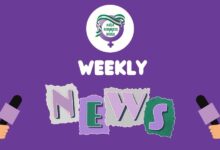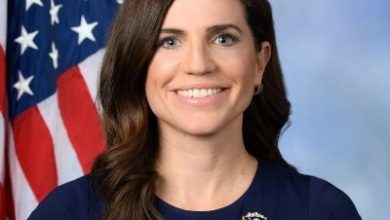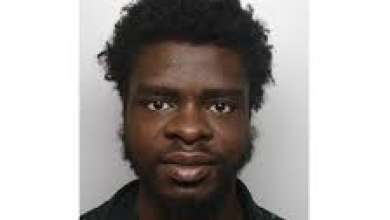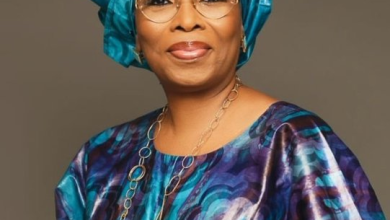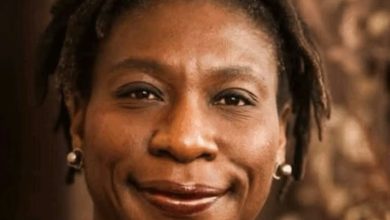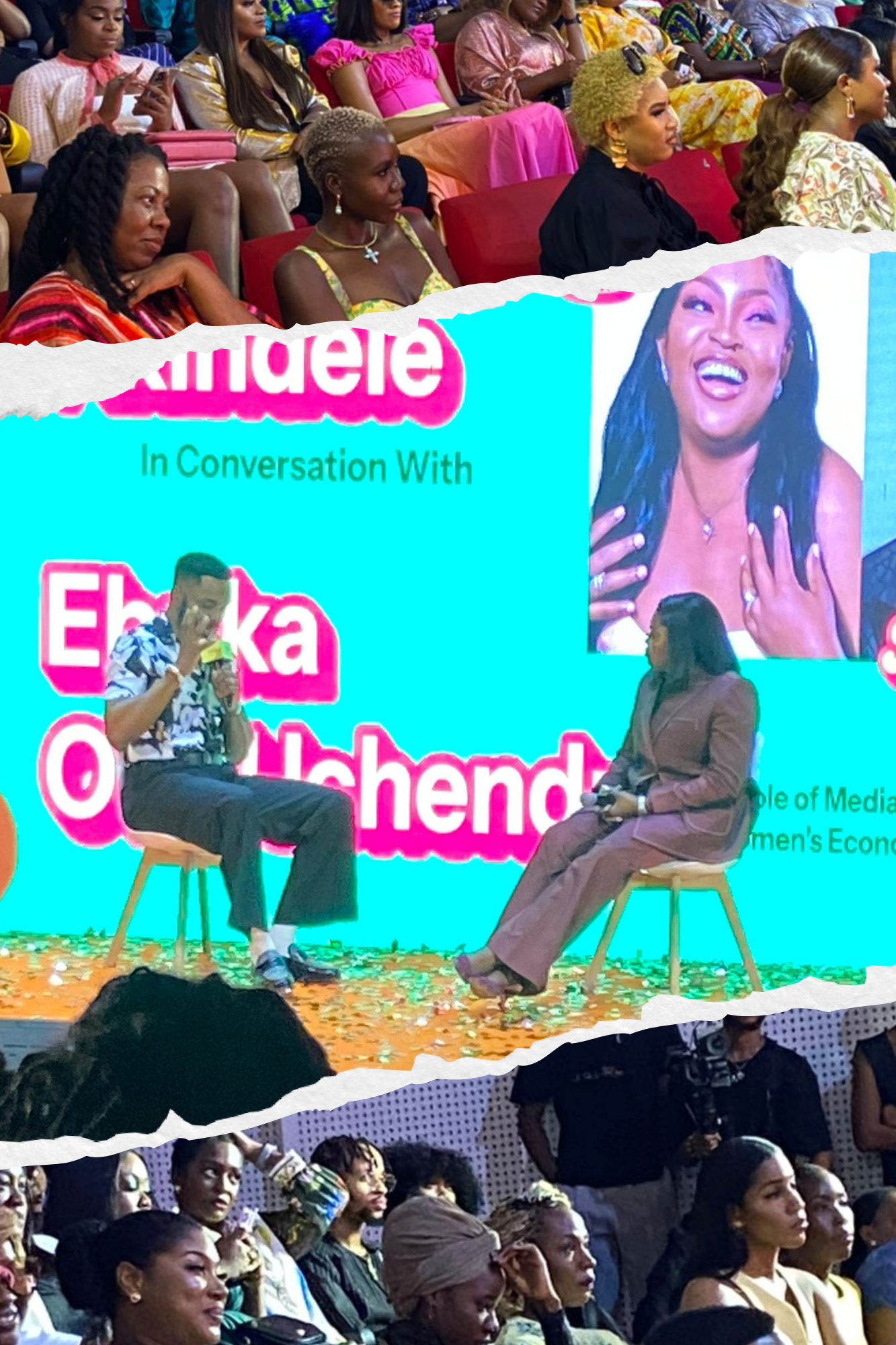
|
Getting your Trinity Audio player ready...
|
In a bid to enhance Nigerian women’s economic power, SheTank, a creative think tank focused on advancing gender equality for women of African descent, hosted an intellectual gathering tagged “Her Money, Her Power.”
The campaign, organised in partnership with Bella Naija, aimed to shift the conversation from the conventional concept of women’s empowerment to a more encompassing narrative of women’s economic power.
“The purpose of this event is to bring together influencers, decision-makers and thought leaders because we really want to get on the same page about the narrative for women’s power in Nigeria. We think it’s very important to shift from women’s economic empowerment or even the empowerment messaging that we use in general,” Blessing Omaku, Founder and CEO of SheTank, said.
Blessing emphasised that while empowerment has been the primary discourse, it’s time to pivot toward women having genuine power—particularly financial power.
“When women have money, they better their families, communities, and societies. Our goal is to change mindsets and culture, so women have not just jobs and education, but also a voice in their homes, workplaces, and even in government and corporate spaces,” she explained.
Uche Pedro, CEO of Bella Naija, expressed the organisation’s enthusiasm for partnering with SheTank to improve women’s lives.
“It’s been wonderful working with SheTank, owned by Blessing Omaku. Bella Naija is a digital media company, and SheTank is a think-tank, so just imagine the combination of those two forces together.”
Expanding on the collaboration with Bella Naija, Blessing introduced the broader goals of the campaign.
“Her Money, Her Power is a campaign that we are running in partnership with Bella Naija, and the goal is to take these conversations and make them tangible so that the average, everyday person can understand what this message means. We are seeing a lot of engagement already, with people sharing their stories about what financial independence means to them.”
Famed Nigerian actress and special guest Funke Akindele shared her thoughts on the campaign, describing it as a movement for financial independence. “For me, this campaign is about power—financial independence,” Funke remarked. “A woman needs to be financially independent to make decisions for herself. She can contribute to her family and community without waiting on anyone.”
Funke urged young girls to prioritise financial education and training. “For you to have economic power, you need more training. Education is key. Network with people who can support you and keep pushing. Good things don’t come easy, but once you’re there, don’t stop. Keep acquiring more knowledge to thrive,” she advised.
Blessing expressed that the focus on involving media and entertainment stakeholders is because the sector is a key tool for reshaping cultural norms.
“We are focusing on entertainment and media for this campaign, but what’s most important is that people who shape norms and cultures begin to change their mindsets so that when they’re influencing the younger generation, they’re doing it from a different perspective,” she said.
As the event concluded, it became clear that the “Her Money, Her Power” campaign was not just about sparking conversations but inspiring lasting change. With influential voices like Blessing Omaku, Uche Pedro, and Funke Akindele leading the charge, the campaign aims to push Nigerian women toward genuine financial power, enabling them to make impactful decisions in every sphere of their lives.
“We want people to be talking about women’s economic power. We want a national discussion and norms to shift. In many parts of Nigeria, women are already able to take on high positions, but we want everything to come to the forefront. We also want to consider policies that support women’s economic power and find ways to improve their implementation across the nation,” Uche said.
“Our ultimate goal is for mindsets to change, but more importantly, for the culture to change,” Uche emphasised.
